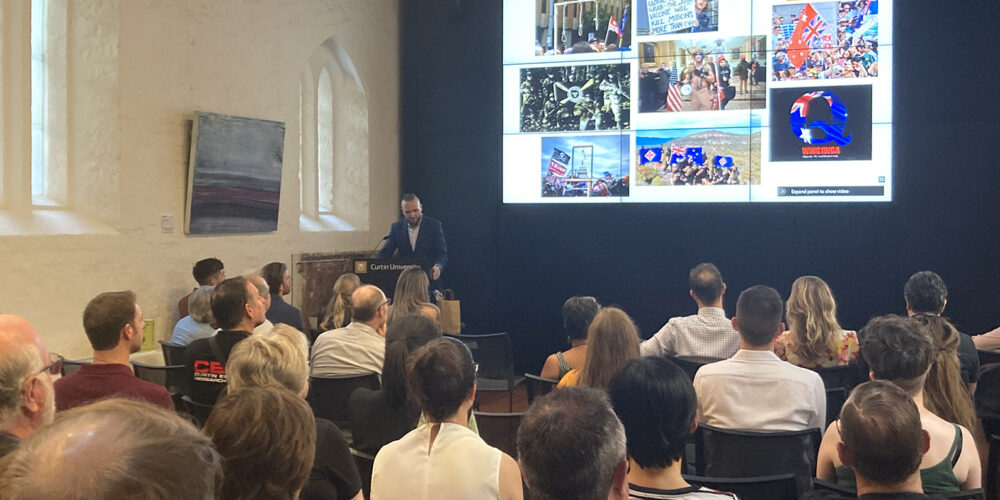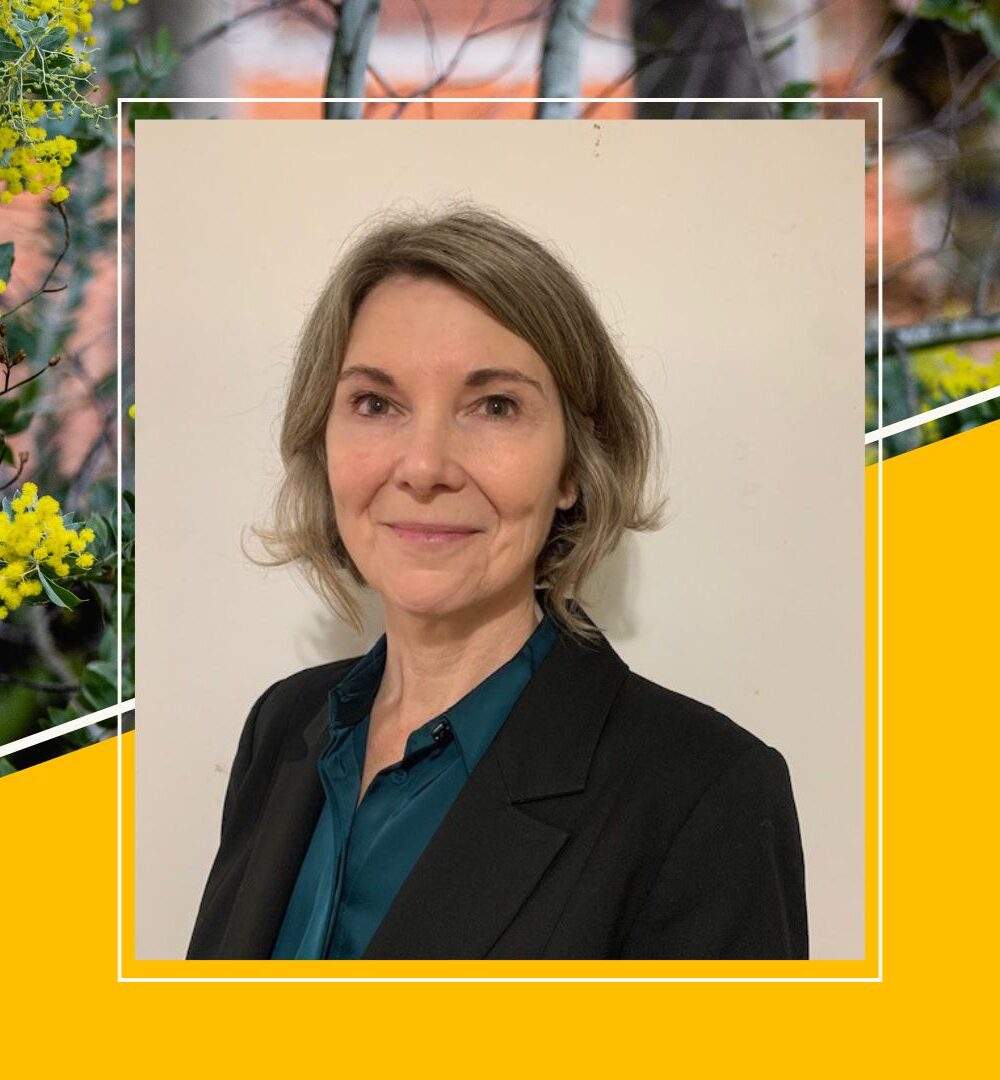New Curtin research network tackles growing issue of extremism

Understanding and responding to the challenge of cultural extremism, often manifested in anti-vaccine and conspiracy sentiment, a resurgent far right, and the growth of online misogyny is the focus of the new Curtin Extremism Research Network (CERN).
CERN co-director Dr Ben Rich said the interdisciplinary network, the first hub of its kind in Western Australia, was set to play an important role in studying and interpreting extremism-related challenges facing the developed world and then informing policy to find real-world solutions.
“The question of how to tackle extremism has never been more pressing. In just the last year, countries including Australia, the United States, and Britain have been beset by violent protests, large-scale unrest and the breakdown of civil-state relations driven by growing conspiracy theories, anti-vaccine movements, and political polarisation,” Dr Rich said.
“Our understanding of these problems remains limited, with research around such issues all too often being done from a counterterrorism and national security perspective, while ignoring the deeper social, political and economic factors that have led us to the current situation. We want to ask “how did we get here?” rather than “how do we protect ourselves?”, so we can potentially stop the extremism before it has taken root.
“CERN is currently working on a number of projects related to cultural extremism, including how isolation under COVID-19 lockdown conditions has made people more vulnerable to conspiracy theory and anti-vaccine sentiment, how hyper-misogynistic ideas and narratives become commodified and proliferated through YouTube, and understanding the ‘incel’ (involuntary celibate) phenomenon.
“The network is made up of a diverse array of researchers and analysts from areas that include Internet Studies, Fine Art, Philosophy, Screen Arts, Linguistics, History, International Relations, and Health Sciences. CERN also draws from across all levels of academia, from graduate students to early and mid-career researchers, through to senior professors.”
Counter radicalisation expert and MP, Dr Anne Aly, who was keynote speaker at the recent launch of CERN, said our current limited understanding of extremism had led to many policy responses that prioritised responding to symptoms reactively, rather than treating the wider underlying causes preventively.
“The limitations of the existing approaches to and understandings of extremism are clearly illustrated by the chaotic and dire state of the world today,” Dr Aly said.
“As an innovative, grassroots organisation, CERN will help build knowledge and awareness of the current climate of extremism and promote and inform effective, practical, evidence-based policy, with the ultimate aim being social and community peace, harmony and empathy.”



